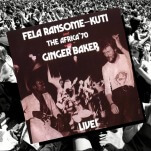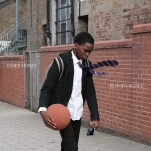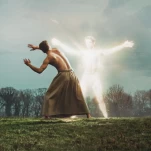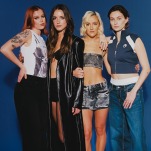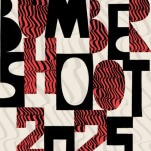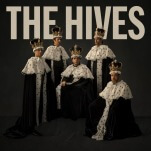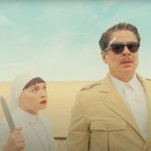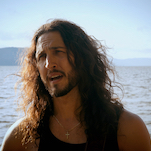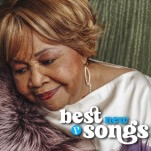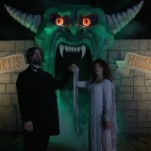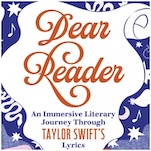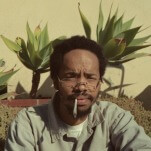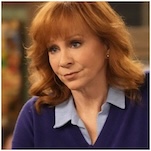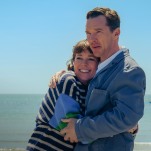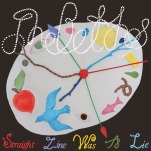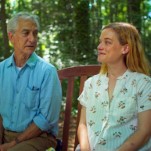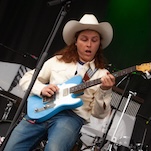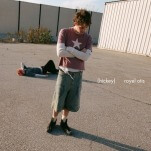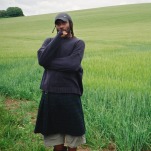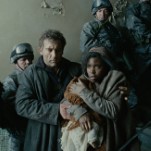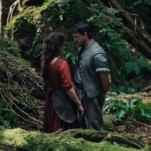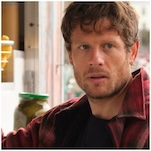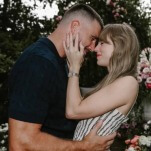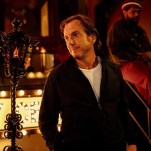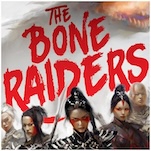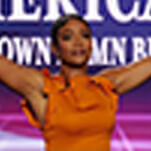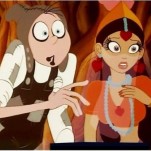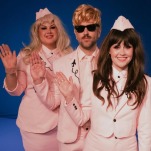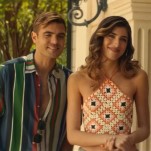Harry Connick, Jr.
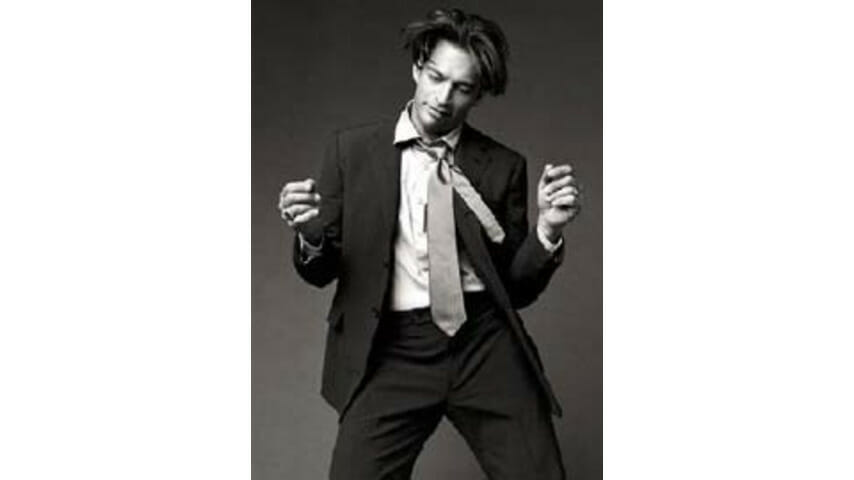
Last night I climbed into my beater ’89 Honda Accord and drove across Atlanta to see Harry Connick, Jr.’s performance at Chastain Park Amphitheatre. The dark underbelly of the Chastain experience involves getting within a mile or so of the park, at which point you begrudgingly join the crawling single-file motorcade of luxury cars in search of parking. Bad traffic, the great equalizer, a pox blighting the moods of Lexus- and Honda-owners alike. A mere 45 minutes later, once the idea of parking proved more than just a hypothetical, I finally tramped the final stretch toward the amphitheatre, in a foul mood, determined to hate all things Harry. The party had started without me, but I could already catch the distant brassy squall of Connick’s accompanying big band, which sounded downright elephantine, even from 100 yards outside the amphitheatre.
“He’s on his fifth song,” the gate attendant volunteered as she held out the remaining portion of my freshly ripped ticket stub. “Thanks,” I replied, my mind clouding up with profanity. A few moments later, after shuffling down the spacious aisle to seat #35—apologizing every few seconds for obstructing the view of posh silver-haired gentlemen and their pink-shirted, Ann Taylor-clad spouses, many of whom were refilling wine glasses with Cabernet Sauvignon and picking at spinach salads spread out on small candle-lit, cloth-covered tables (or the odd Igloo cooler)—I slumped down and turned my attention toward the stage. Off in the distance, a speck I took on faith to be Harry Connick, Jr. hunched reverently over a grand piano, bobbing his head like a pious man praying (perhaps he was, in his own fashion), fingers dancing feverishly up and down the ivory keys.
-

-

-

-

-

-

-

-

-

-

-

-

-

-

-

-

-

-

-

-

-

-

-

-

-

-

-

-

-

-

-

-

-

-

-

-

-

-

-

-

